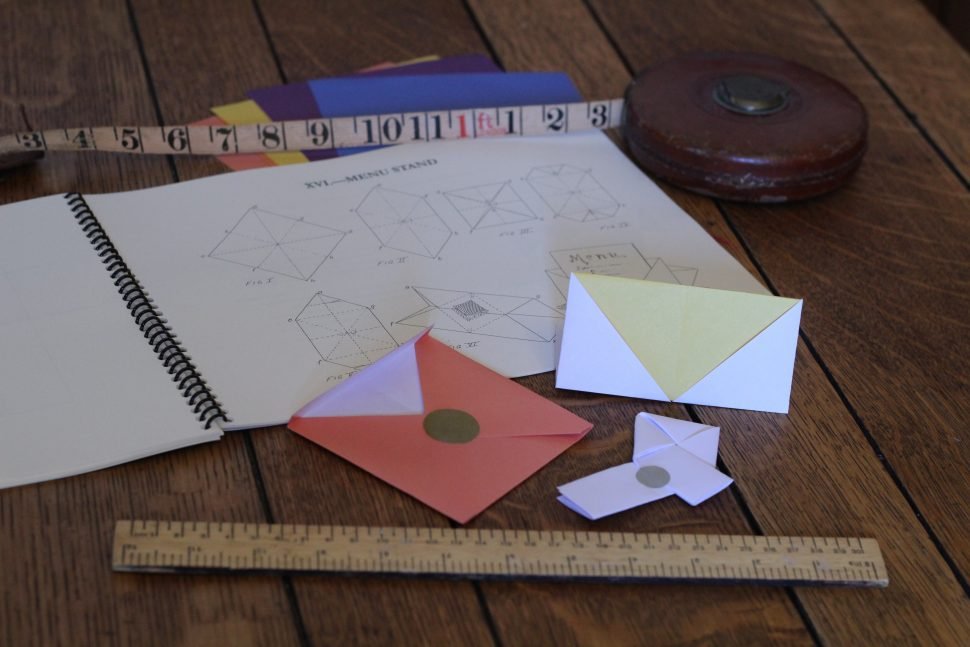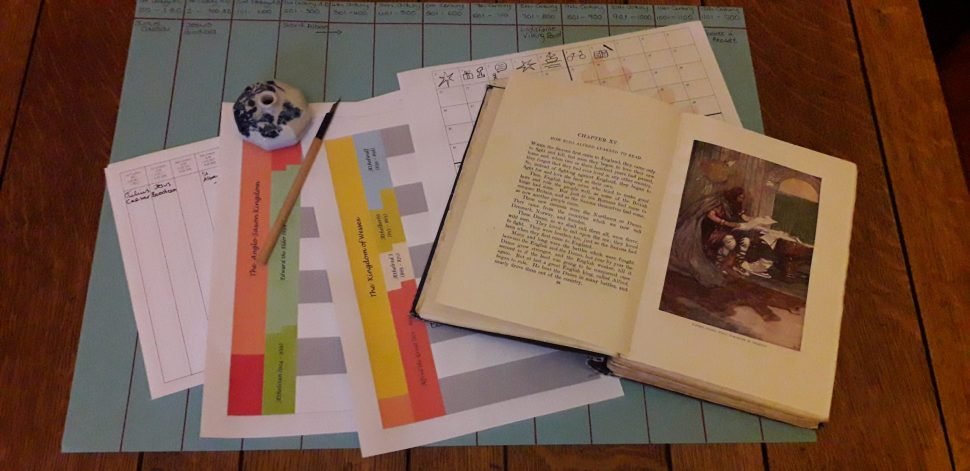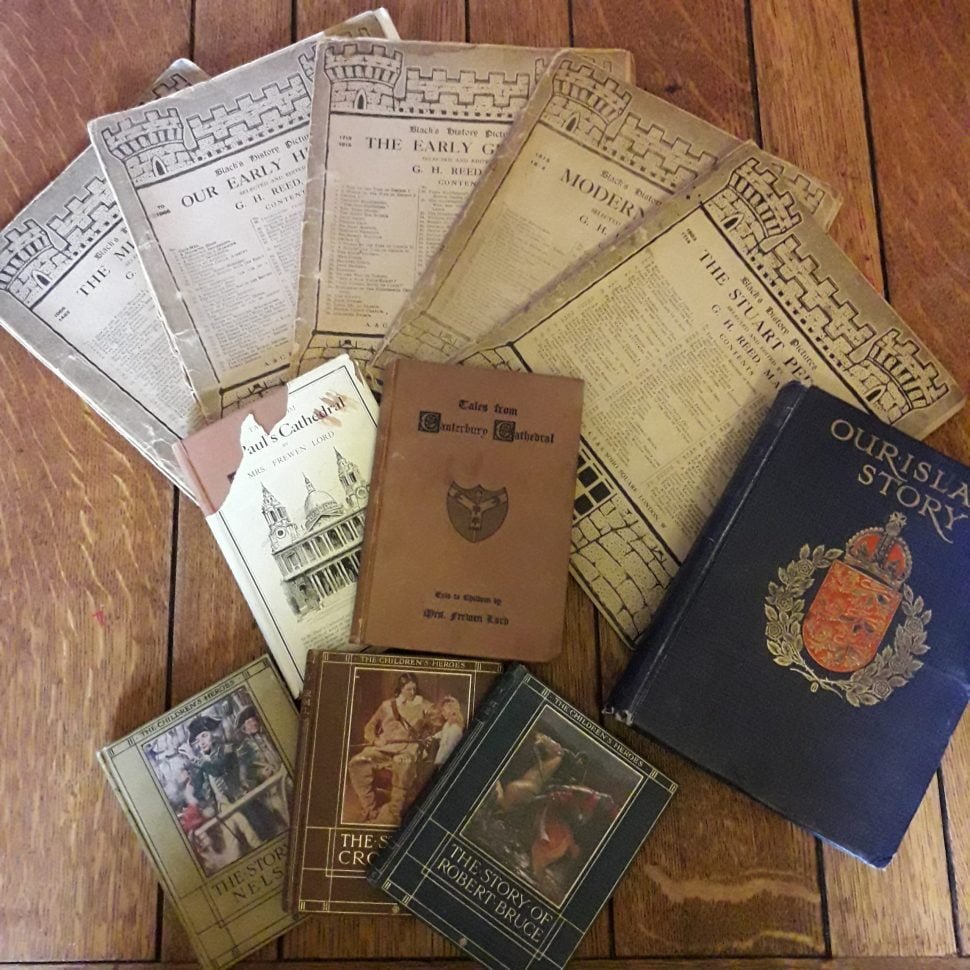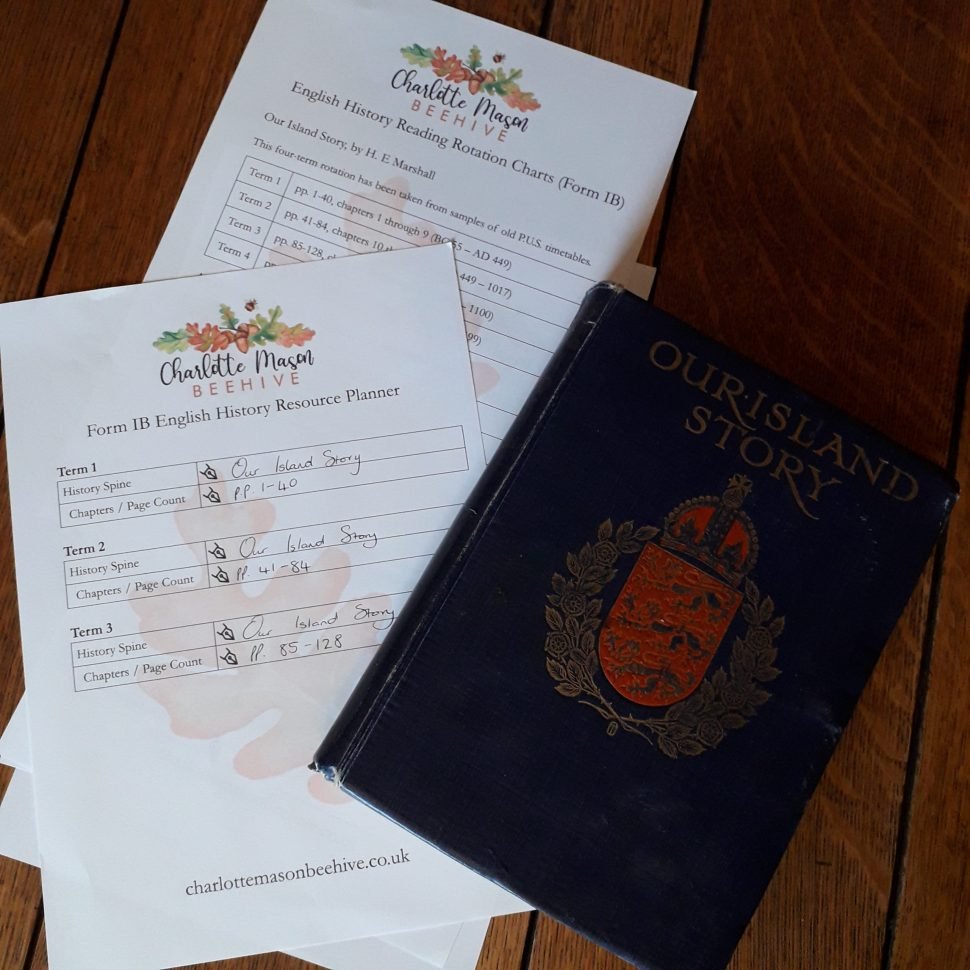Tag: charlotte mason
Behind the Scenes is a new feature of Charlotte Mason Beehive. Walk with me while I open my heart—raw, uncensored, and authentic—and tell the stories behind Charlotte Mason Beehive, our books, and our family. Rachel North The Counties of England, by Charlotte Mason. This is the book that[…]
“Musical Appreciation, of course, has nothing to do with playing the piano. It used to be thought that ‘learning music’ must mean this, and it was supposed that children who had no talent for playing were unmusical and would not like concerts. But Musical Appreciation had no more[…]
We are thrilled to announce the first republication of H. G. Paterson’s Paper Folding in over a hundred years. Paper Folding was assigned by Charlotte Mason in the programmes sent out to home schoolrooms across the nation and Empire in the early twentieth century. Acting as an introduction[…]
A highly unique and beautiful addition to Charlotte Mason’s programmes, Sunday reading was an optional proponent to be taken on this most sacred day. As a way to honour the day of rest and focus their minds on higher and better and worthier things, students were assigned books[…]
“But let the imaginations of children be stored with the pictures, their minds nourished upon the words, of the gradually unfolding story of the Scriptures, and they will come to look out upon a wide horizon within which persons and events take shape in their due place and[…]
“It is not possible to do more than mention two more important subjects––the Handicrafts and Drills––which should form a regular part of a child’s daily life […] The Handicrafts best fitted for children under nine seem to me to be chair-caning, carton-work, basket-work, Smyrna rugs, Japanese curtains, carving[…]
“The art training of children should proceed on two lines. The six-year-old child should begin both to express himself and to appreciate, and his appreciation should be well in advance of his power to express what he sees or imagines. Therefore it is a lamentable thing when the[…]
To help visualise historical events in their respective time period, Charlotte Mason suggested making use of timelines or date charts. Although none of these charts were specified as required work on the programmes, they were mentioned elsewhere and we believe them to be suitable for Form I students.[…]
Scheduling 2 × 20 minute lessons per week. The second lesson is optional. The P.U.S. programmes state that “A second lesson to be taken on Saturday, 9.20-9.40, otherwise pages read with omissions,” so should the teacher decide to schedule just one lesson a week then she may find[…]
“For the matter for this intelligent teaching of history, eschew, in the first place, nearly all history books written expressly for children; and in the next place, all compendiums, outlines, abstracts whatsoever […] Let a child have the meat he requires in his history readings, and in the[…]












